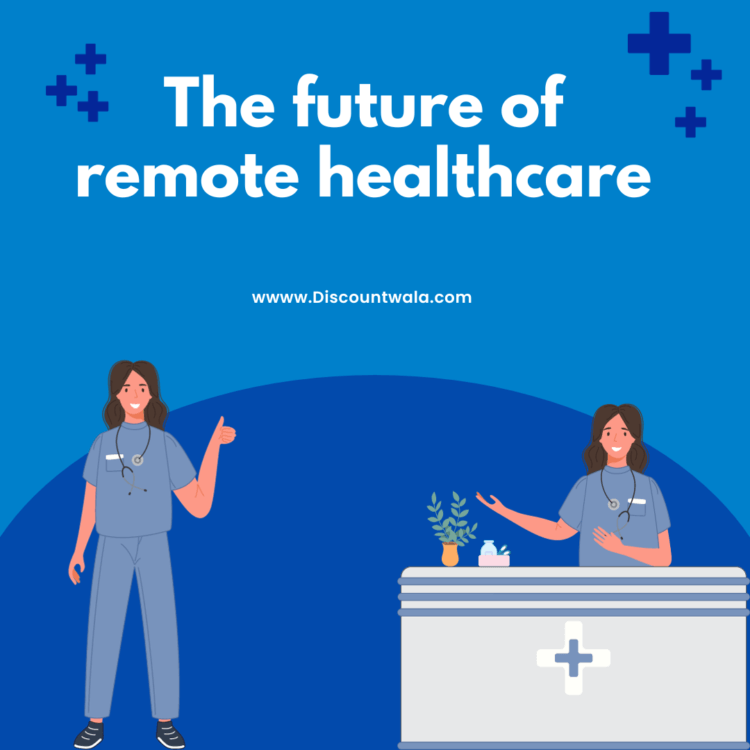The landscape of healthcare is undergoing a transformative shift, and at the forefront of this evolution is the rapid development and integration of remote healthcare technologies. The convergence of advanced digital tools, artificial intelligence, and telecommunication is ushering in an era where healthcare is no longer confined to the walls of a traditional clinic. In this blog, we will explore the promising future of remote healthcare and the myriad ways it is poised to revolutionize the delivery of medical services.
Telemedicine: Breaking Down Geographic Barriers:
Telemedicine, the practice of providing medical consultations and treatment remotely, has gained significant traction in recent years. The convenience of virtual appointments allows patients to connect with healthcare professionals regardless of their geographical location. This not only improves access to medical expertise for those in rural or underserved areas but also enhances the overall efficiency of healthcare delivery.
Wearable Technology and Remote Monitoring:
The proliferation of wearable devices equipped with health-monitoring features is playing a crucial role in shifting healthcare from reactive to proactive. These devices can continuously track vital signs, monitor chronic conditions, and provide real-time data to both patients and healthcare providers. As the technology advances, wearables are becoming an integral part of preventive healthcare, enabling early detection of health issues and personalized interventions.
Artificial Intelligence in Diagnostics and Treatment:
Artificial Intelligence (AI) is making significant strides in healthcare, particularly in diagnostics and treatment planning. Machine learning algorithms can analyze vast datasets to identify patterns and anomalies, assisting healthcare professionals in making accurate and timely diagnoses. Additionally, AI-driven treatment plans can be personalized based on an individual’s genetic makeup and health history, optimizing outcomes and minimizing adverse effects.
Virtual Reality for Therapy and Rehabilitation:
Virtual Reality (VR) is emerging as a powerful tool for therapeutic interventions and rehabilitation. From managing chronic pain to aiding in physical therapy, VR provides immersive experiences that can enhance patient engagement and outcomes. Mental health treatment, in particular, stands to benefit from VR-based interventions, offering innovative ways to address conditions such as anxiety, PTSD, and phobias.
Blockchain for Secure Health Data Management:
The security and privacy of health data are paramount in the era of remote healthcare. Blockchain technology, with its decentralized and encrypted nature, is being explored as a solution for secure health data management. By providing a transparent and immutable record of patient information, blockchain ensures data integrity, reduces the risk of breaches, and facilitates seamless sharing of information among authorized parties.
Conclusion:
The future of remote healthcare is an exciting frontier where technology and medicine converge to create a more accessible, efficient, and patient-centric healthcare system. Telemedicine, wearable technology, artificial intelligence, virtual reality, and blockchain are just a few of the transformative elements reshaping the healthcare landscape. As these technologies continue to evolve and become more integrated into mainstream healthcare practices, the potential for improved patient outcomes, increased access to medical services, and a more proactive approach to health and wellness becomes increasingly promising. The future of healthcare is remote, and it holds the promise of a healthier and more connected world.










No Comments
Leave Comment